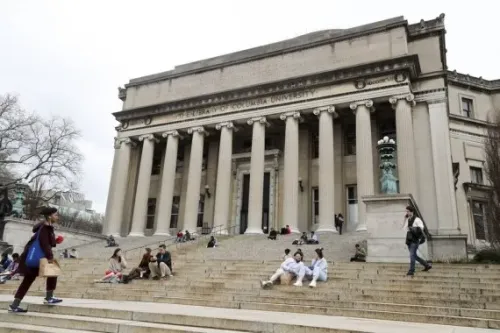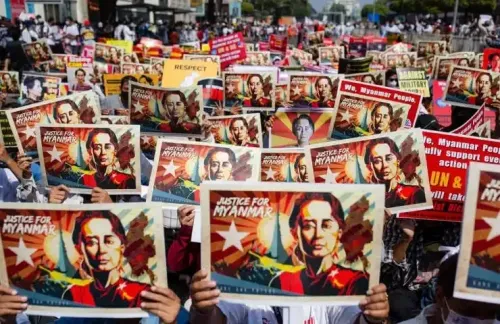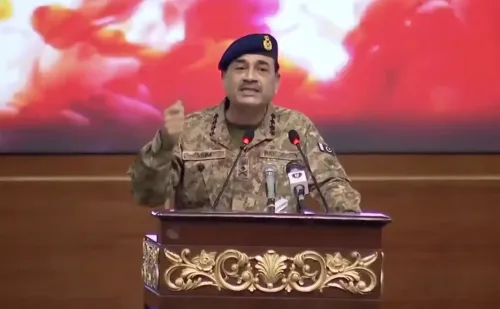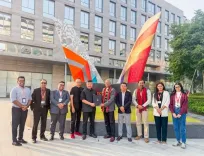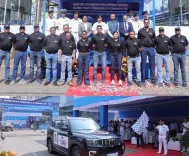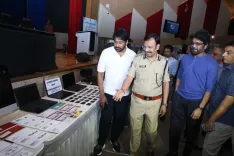Should the Global Community Dismiss the Myanmar Junta's Upcoming Elections?
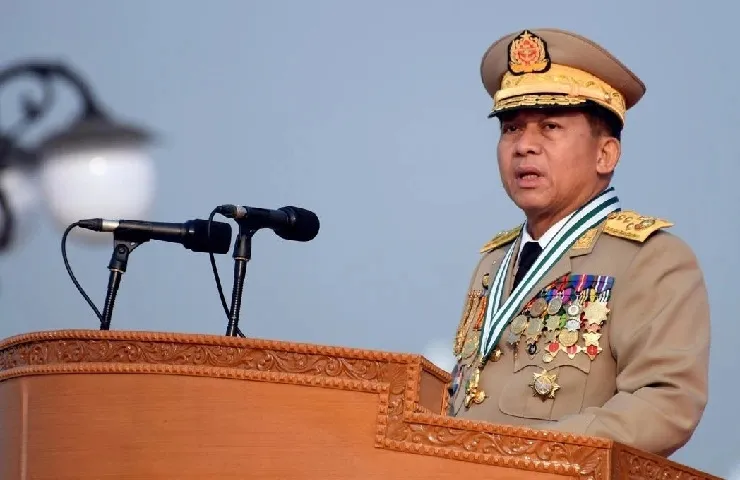
Synopsis
Key Takeaways
- HRW calls for rejection of Myanmar's elections
- Claimed elections will lack fairness and inclusivity
- Military junta has suppressed political opposition
- International leaders express concerns over legitimacy
- ASEAN's role in promoting democratic governance is critical
New York, Nov 17 (NationPress) Human Rights Watch (HRW), a US-based advocacy organization, has called upon international governments to reject the Myanmar junta’s intentions to conduct elections from late December 2025 to January 2026, asserting that these elections will not be free, fair, or inclusive.
The rights organization claims that since the military coup in February 2021, the junta has methodically dismantled the rule of law and the emerging democratic frameworks, while escalating repression and violence as the polls approach.
“The Myanmar junta’s fraudulent elections are a desperate attempt to gain international legitimacy following nearly five years of severe military oppression. Any government that lends credibility to these elections would demonstrate a total disregard for supporting rights-respecting civilian governance in Myanmar,” stated Elaine Pearson, Asia Director at HRW.
The military junta has announced that the first two phases of the multi-step elections are scheduled for December 28 and January 11.
HRW reports that since the coup, the junta has prohibited numerous political parties and imprisoned around 30,000 political dissidents, including nearly 100 individuals detained under a harsh election law enacted in July. The junta leader, Min Aung Hlaing, has acknowledged that elections will not take place in all townships, amid ongoing conflicts with opposition armed factions, marked by the military's war crimes.
HRW emphasizes that the military lacks adequate territorial control to conduct credible elections, with significant portions of the country either contested or under opposition control.
During the October summit of the Association of Southeast Asian Nations (ASEAN), United Nations Secretary-General Antonio Guterres called for a “credible path back to civilian governance” in Myanmar, stating, “I don’t think anyone believes that these elections will be free and fair.” Volker Turk, the UN High Commissioner for Human Rights, labeled the December elections as “unfathomable.”
HRW highlighted that while ASEAN underscored that peace and political dialogue “must precede elections,” the regional organization lacks the means to prevent individual member states from extending technical assistance or support bilaterally.
“Malaysia, Japan, and other Asian nations that have recognized these elections are detrimental to the people of Myanmar should encourage their neighbors to take a similar stance. Counterbalancing any support from China, Russia, and other nations endorsing the polls will necessitate a clear, emphatic message that these illegitimate elections will only deepen Myanmar’s descent into violence, repression, and autocratic governance,” Pearson emphasized.

